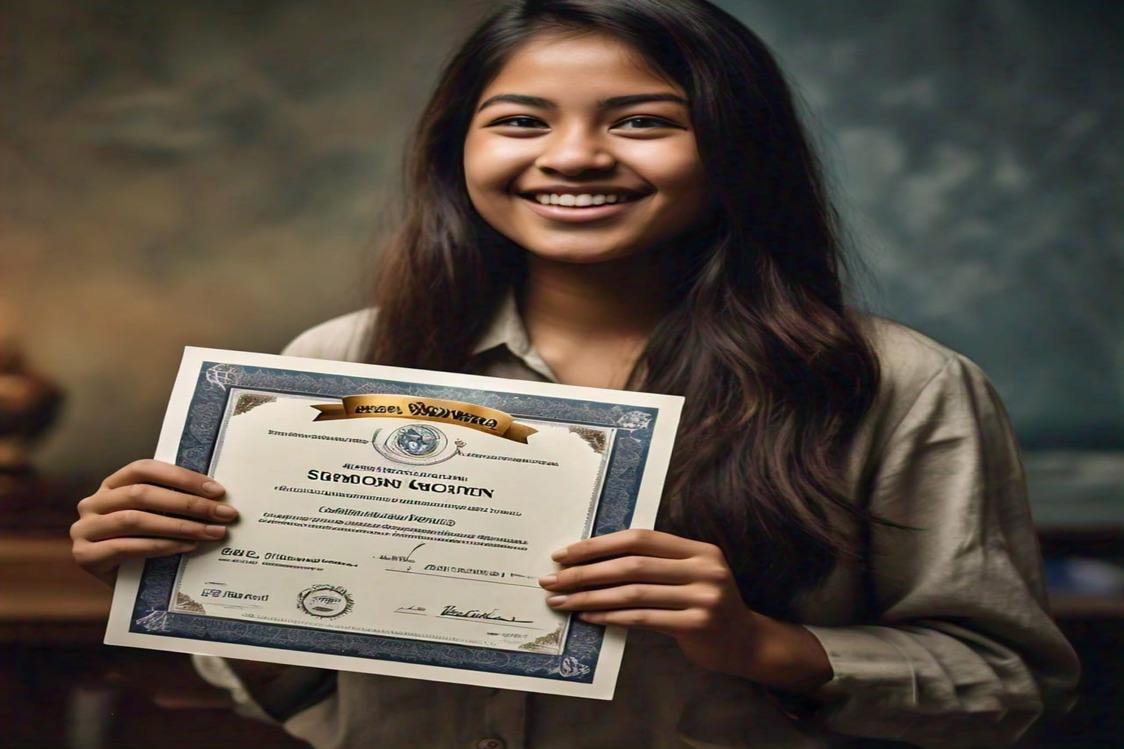Introduction
In the ever-evolving landscape of higher education, the decision to study abroad and pursue graduate school opportunities can be transformative. At Migrit Study Abroad Consultants, we understand the profound impact these experiences can have on your academic and professional trajectory. Whether you’re aiming to enhance your education, immerse yourself in a new culture, or expand your career prospects, studying abroad and attending graduate school offer unparalleled benefits. Here’s a closer look at why you should consider these opportunities and how we can help you navigate this exciting journey.
The Benefits of Studying Abroad
Academic Excellence
Studying abroad provides access to some of the world’s top universities and academic programs. Renowned institutions often have specialized courses, cutting-edge research facilities, and distinguished faculty members, offering you a high-quality education that can significantly enhance your knowledge and skills in your chosen field.
Cultural Immersion
Living in a foreign country immerses you in a new culture, broadening your horizons and fostering a greater understanding of global perspectives. This cultural exposure enriches your personal growth, enhances your adaptability, and prepares you for a globalized world where cross-cultural communication is invaluable.
Language Acquisition
Studying in a country where a different language is spoken offers the perfect opportunity to become proficient in that language. This not only boosts your communication skills but also makes you a more competitive candidate in the global job market, where bilingual or multilingual abilities are highly prized.
Personal Development
The challenges of adapting to a new environment, managing daily life in a foreign country, and navigating different educational systems can significantly enhance your problem-solving skills, independence, and resilience. These attributes are highly beneficial both personally and professionally.
Graduate School Opportunities
Advanced Specialization
Graduate school allows you to dive deeper into your field of study, specializing in areas that particularly interest you. This advanced knowledge can make you an expert in your domain, opening doors to specialized career paths and higher-level positions.
Research Opportunities
Many graduate programs emphasize research, providing you with the chance to contribute to your field through original research projects. This experience not only enhances your academic credentials but also equips you with critical thinking, analytical, and research skills that are valuable in many professions.
Networking
Graduate school often brings together a diverse group of students, professors, and industry professionals. Building relationships with these individuals can lead to valuable connections, collaborations, and career opportunities. Networking within your academic community can be a key factor in your professional success.
Career Advancement
A graduate degree can significantly enhance your career prospects, leading to higher earning potential and greater job opportunities. Many employers view advanced degrees as a testament to your expertise, commitment, and ability to tackle complex challenges.
How Migrit Study Abroad Consultants Can Help
Personalized Guidance
At Migrit Study Abroad Consultants, we provide personalized guidance to help you choose the right study abroad and graduate school programs based on your academic interests, career goals, and personal preferences. Our experienced advisors are dedicated to understanding your unique needs and aspirations.
Application Assistance
Navigating the application process for international universities and graduate programs can be daunting. We offer comprehensive assistance with every step, from selecting the right programs and preparing your application materials to writing compelling personal statements and securing strong letters of recommendation.
Pre-Departure Support
Preparing to study abroad involves more than just academic planning. We provide pre-departure support, including visa guidance, travel arrangements, accommodation options, and cultural orientation, ensuring you are well-prepared for your new adventure.
Ongoing Support
Our support doesn’t end once you’ve started your program. We continue to offer guidance and assistance throughout your study abroad journey, helping you overcome any challenges and make the most of your experience.
Conclusion
The decision to study abroad and pursue graduate school opportunities can be a life-changing one. At Migrit Study Abroad Consultants, we are committed to helping you achieve your academic and career goals by providing expert guidance and support every step of the way. Explore the world, expand your horizons, and enhance your future with the invaluable experiences of studying abroad and attending graduate school. Contact us today to start your journey towards academic excellence and global opportunities.
—





